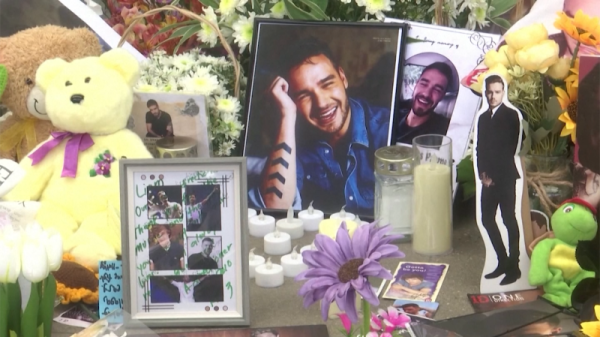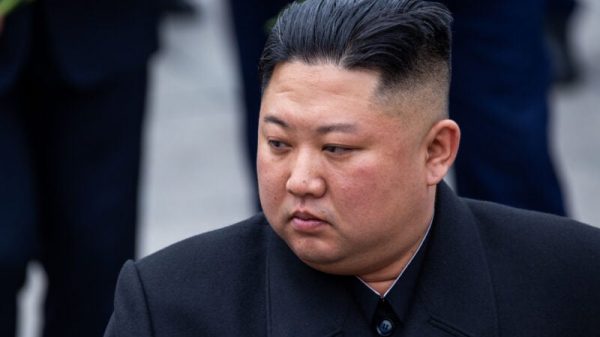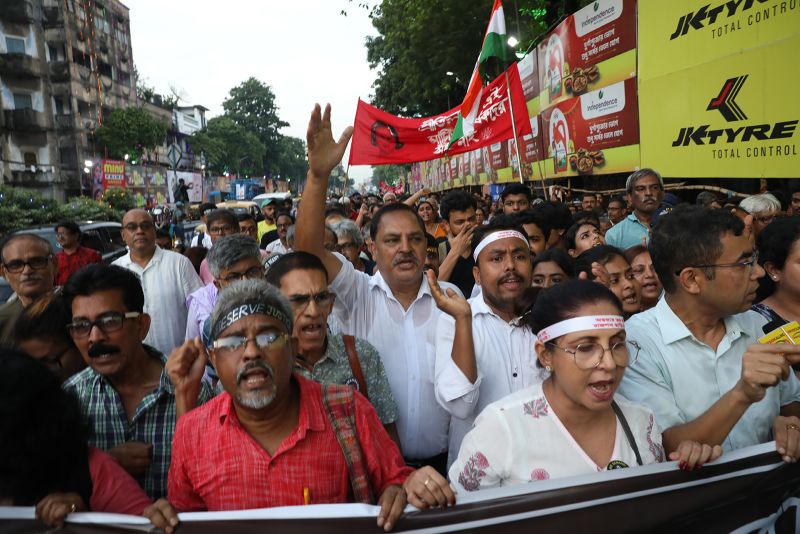A man has been charged for the rape and murder of a resident doctor during a night shift in India’s eastern city of Kolkata, a crime that ignited nationwide protests about the country’s pervasive problem with gender violence.
The resident doctor’s body was found the following day with multiple injuries and signs of sexual assault in a seminar hall at the hospital, local police said at the time.
The doctor trainee was resting in a seminar room at the medical college while working a night shift when the attack occurred, Kolkata’s then-police commissioner Vineet Kumar Goyal said in August. By Indian law, rape victims cannot be named.
Evidence presented by CBI, according to the charge sheet, include CCTV footage of the man at the hospital at the time of the incident and DNA found on the victim that matches that of the suspect.
Protests and strikes
India has struggled for years to tackle high rates of violence against women, with a number of high-profile rape cases drawing international attention.
In the weeks after the alleged attack, hundreds of thousands of doctors have joined nationwide protests demanding justice and calling for improvements to women’s safety, especially better protections for health workers.
Medical bodies in multiple states have expressed support for the protests in Kolkata and urged doctors at government hospitals to stop providing elective services, calling for the case to be fast-tracked through the courts and for the establishment of a protective committee for health workers.
One of the nation’s top medical bodies, the Federation of All India Medical Association (FAIMA), said it will also carry out a hunger strike on Wednesday, which marks two months since the trainee doctor’s death.
“This ongoing violence highlights the urgent need for stronger protective measures and central legislation dedicated to safeguarding healthcare professionals,” FAIMA said in its statement.
Last month, the West Bengal government said they would meet some of protesters’ demands, including replacing the Kolkata police commissioner, deputy commissioner and two senior government health officials over the incident.
The state government also directed state-run hospitals to avoid putting female doctors on night duty, a decision slammed by the country’s Supreme Court, arguing they need security and not concessions. The measure was later revoked.
Two other people, the medical college’s former principal and a police officer were also arrested last month in connection to the case, the source from the CBI said.
“Amongst other things, they have been accused of compromising the scene of the crime and the delay of the registration of an FIR (First Information Report),”the source said, adding that their role is being investigated.
Many of the doctors who are protesting have highlighted incidents of violence toward health workers and threats of physical abuse by angry patients or their family members.
A survey in 2015 by the Indian Medical Association found 75% of doctors in India had faced some form of violence, local media reported at the time.
One of the country’s most infamous rape and murder cases to spark huge demonstrations and public anger was the 2012 gang-rape of a medical student who was beaten, tortured and left to die following a brutal attack on a public bus in New Delhi.
The case and ensuing nationwide protests drew international media scrutiny – and prompted authorities to enact legal reforms. The rape law was amended in 2013 to broaden the definition of the crime and set strict punishments not only for rape but also for sexual assault, voyeurism, and stalking.
Despite these changes, rape cases remain prevalent in the country, with victims and advocates saying the government is still not doing enough to protect women and punish attackers.
According to India’s National Crime Records Bureau, a total of 31,516 rape cases were recorded in 2022, an average of 86 cases per day.
Experts warn that the number of cases recorded are a fraction of what may be the real number, in a deeply patriarchal country where shame and stigma surround rape victims and their families and where cases face delays and backlogs in court, denying victims justice or closure.


























